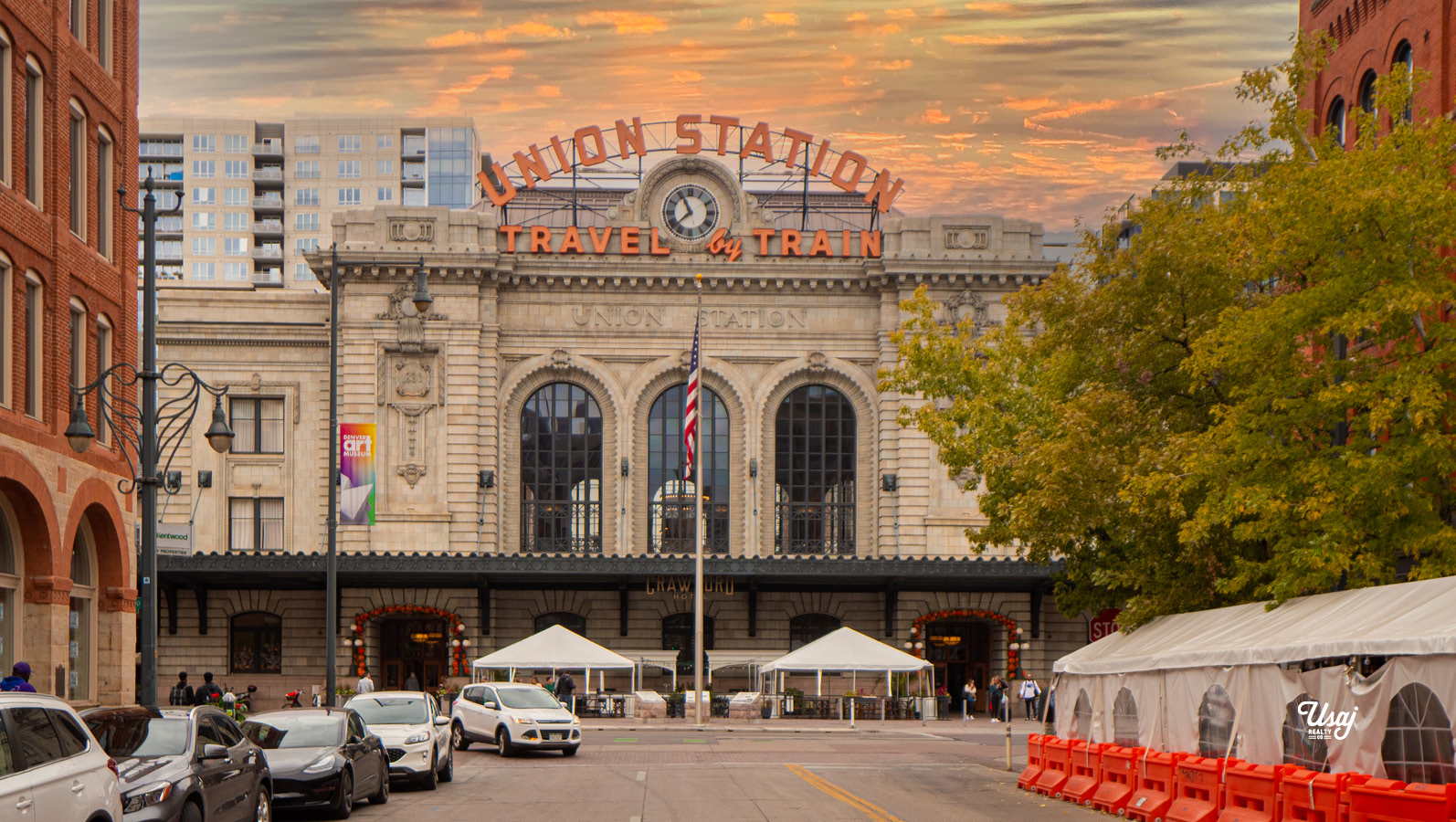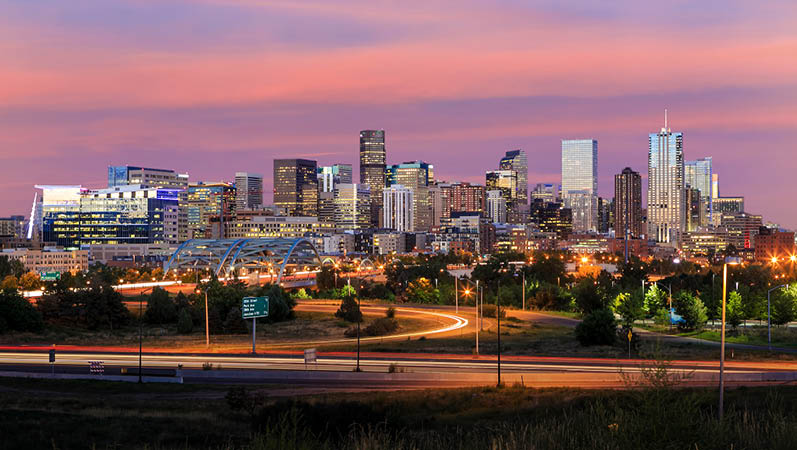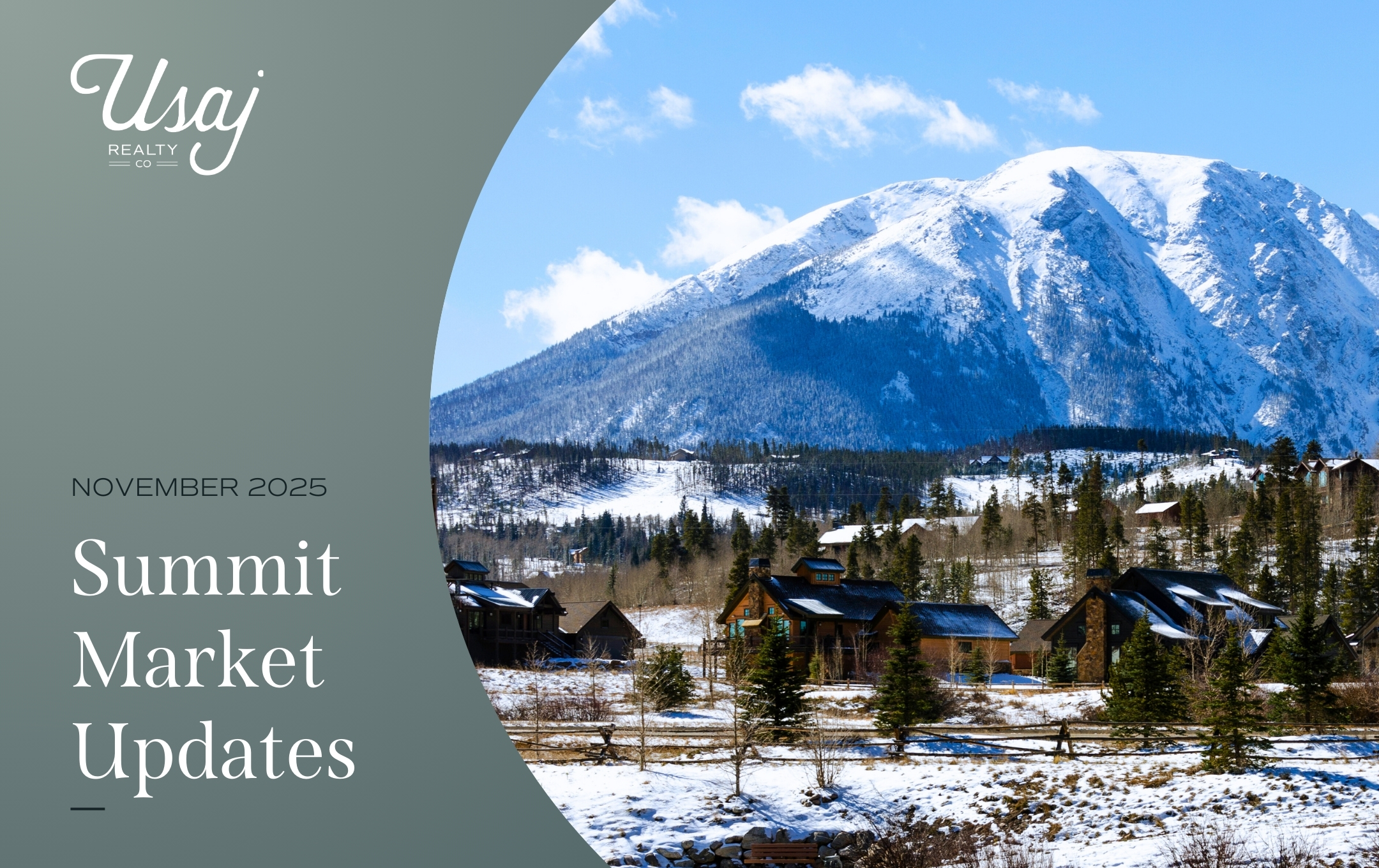What to Expect When Moving to Denver
If you’re getting ready to move to Denver, lucky you!
Close to 3 million people have already discovered why the Denver metro area is considered one of the best places in which to live. According to Afar magazine, Denver ranked 17th in the United States as the most desirable place to live in a large metropolitan area. New York City topped the list followed by Los Angeles and San Francisco.
A combination of weather, quality of life, varied entertainment/culture, good jobs and being a “young city” are often cited as reasons the Denver area is a popular destination.
Whether a job transfer is bringing you to the Mile High City, or if you’re starting college or maybe just looking for a new start, here are a few tips of what to expect when you get to town. Get ready for lots of sunshine, a bustling downtown and a great vibe. We bet you’ll love it here!
Altitude
It goes without saying, it takes some getting used to living in the Mile High City. At 5,280 feet above sea level, there is little doubt you’ll feel the effects of the thin air. With less oxygen, you’ll initially find yourself short of breath, especially when climbing a set of stairs or going for a jog. Some people experience headaches and general fatigue until their bodies acclimate, which can take up to two weeks. It’s critical to drink a lot of water and stay hydrated, even after your body has gotten used to the altitude.
Climate
If you are moving here from the East Coast, Midwest or the southern United States, you’ll quickly realize how dry it is here, especially in the winter months. The relative humidity is typically below 20 percent and your skin will rapidly experience the effects. Make sure to stock up on lip balm, lotion and invest in a humidifier (not a dehumidifier) for your home. If you are considering buying or have recently purchased a home, you can purchase a humidifier that attaches to the furnace. Whenever, the furnace kicks in, so will the humidifier. It beats having to refill a traditional humidifier on a daily basis. Make sure you have it serviced at least once a year as the filter and water line can get clogged.
Colorado is blessed with over 300 days of sunshine each year. During the summer, it’s not unusual to see crystal clear blue skies in the morning give way to clouds and thunderstorms (or just dark clouds and lightning) in the afternoon. Unfortunately, hailstorms are also common during the spring and summer. As a result, be wary of when you decide to plants your flowers and garden. The rule of thumb is to wait until after Mother’s Day each year but even then, many people see their plants shredded by storms.
The weather in our state can change quickly and dramatically, regardless of the month, so be prepared with extra clothes, jackets and appropriate footwear. It’s not uncommon to witness 30-40 degree temperature shifts on any given day!
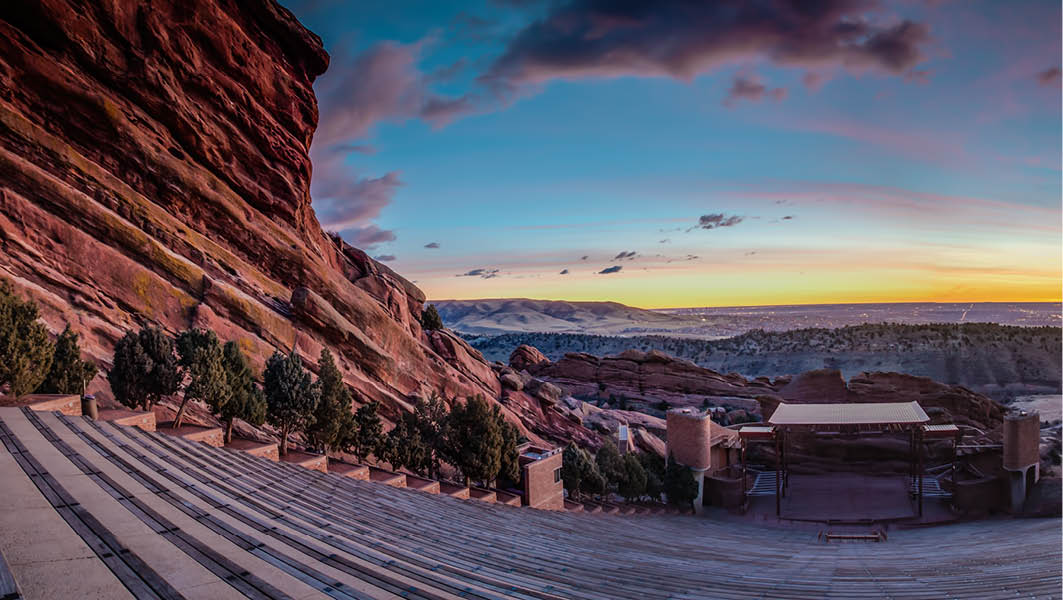
Traffic
Denver is no different from any other major city in the United States when it comes to traffic congestion. Wallet Hub came out with the best and worst cities to drive in and Denver ranked 87th. The good news is many smaller metropolitan areas are much worse than Denver: Raleigh, NC, Plano, TX and Corpus Christi, TX took the top spots for the worst places to drive, which factored safety, traffic and infrastructure, access to car maintenance and cost of car ownership. While driving can sometimes be challenging along I-25, I-70 and I-225, we are fortunate to have a convenient light rail and bus system that service most neighborhoods and suburbs in the Denver metro area.
By using public transportation, you can avoid the wear and tear on your car and avoid the high price of parking in downtown Denver. In addition, once you are downtown, you can take advantage of dockless electric scooters and bike shares to get to your appointments or meetings. In the last year, electric scooters have taken over downtown, and it’s likely you’ll find one close by. Just swipe your credit card and off you go!
Real Estate
According to Forbes Advisor and the Denver Metro Association of Realtors, home appreciation in the Denver area continues to be healthy, despite the recent flattening of the market. Denver metro homeowners saw their investment appreciate in the double digits year-over year from 2020-2021. More recently, homeowners witnessed a year-over-year increase of 8.4 percent from September 2021 to September 2022, an average of over $50,000.
Wallet Hub’s rankings of best large real estate markets lists Denver at #8.
While the price of a single family home in Denver has increased substantially over the last six years, there are many avenues you can take to secure a place of your own. Whether you’re considering a house, or a condo or townhouse, there are many attractive loans and down payment options on the market that makes becoming a Denver homeowner a reality.
The Colorado Housing and Finance Authority (CHFA) offers financial resources to help first time home buyers with down payment assistance as well as finding affordable first mortgages. These packages have enabled over 100,000 Colorado homebuyers to achieve homeownership, according to CHFA. Often lenders can be found that will offer reduced closing costs and no mortgage insurance, even with a low down payment.
Many people are still under the impression that a 20 percent down payment is necessary and that’s just not the case anymore. Down Payment Resource, a group that helps first time homebuyers get the assistance they need to purchase a home, indicates that the average down payment is in the single digits, and that payment may be augmented by many state assistance programs.
Finally, Denver’s property taxes are among some of the lowest in the country, ranking 3rd, according to Wallet Hub. In fact, Colorado has the lowest tax rate west of the Mississippi (excluding Hawaii).
Economy
The rate of unemployment in Denver is at 3.7 percent. More than 48 percent of Denver residents hold a bachelor’s degree (or higher) and there is a very high concentration of tech workers in the metro area.
The State of Colorado offers tax incentives to attract large employers, and Denver is a great place to live thanks to its plentiful sunshine, invigorating outdoor activities, strong neighborhood character, and myriad of independent businesses, including oodles of coffee shops, restaurants, and breweries.
Many large companies have relocated or are in the process of moving their offices to the Denver. According to the latest CBRE Scoring Tech Talent 2022 report, Denver is ranked 10th in the nation in technology talent. Part of the Mile High City’s appeal includes its high number of people 25 years and older having a bachelor’s degree, large number of Millennials, and the lure of the outdoors lifestyle.
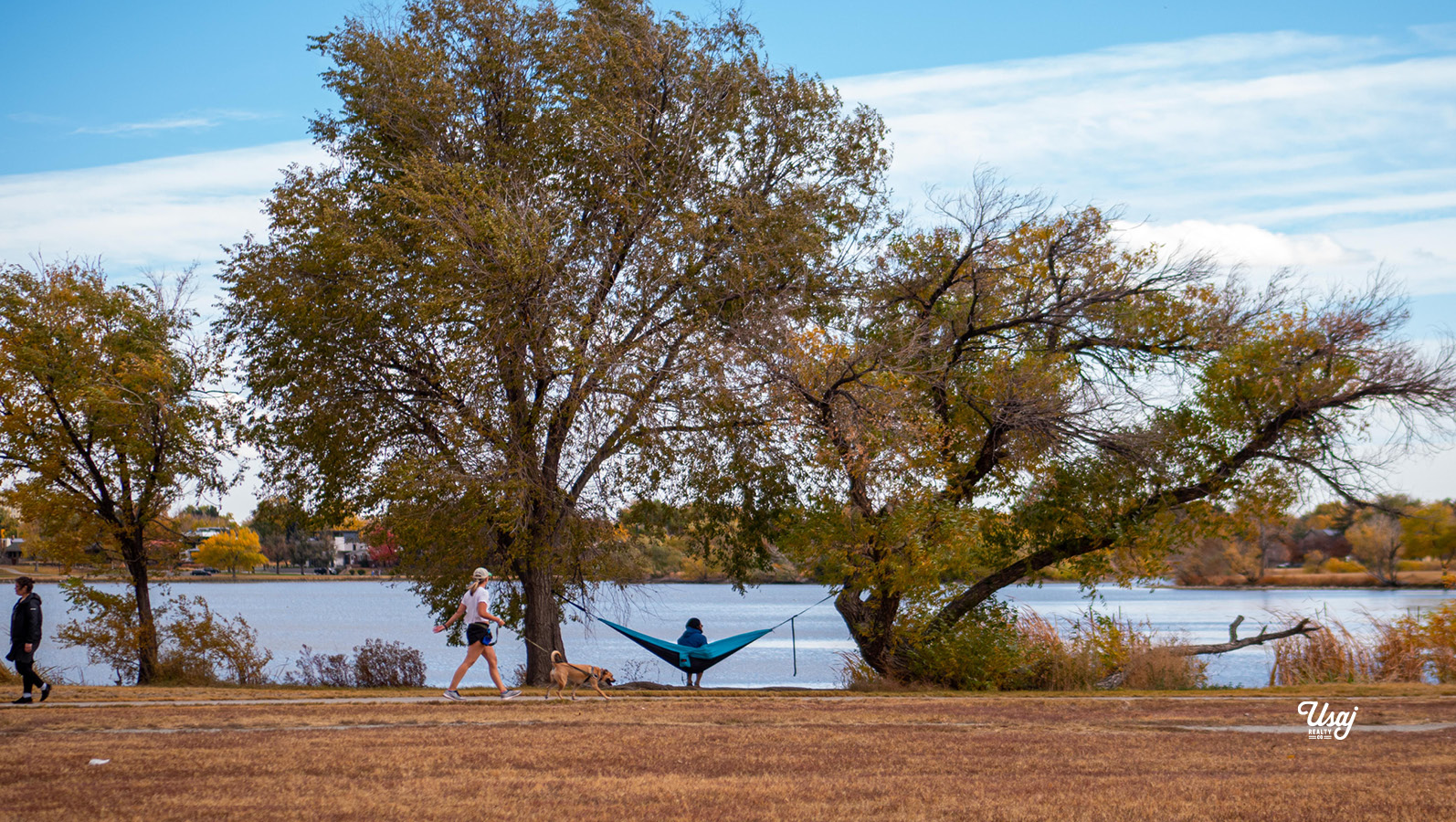
Outdoors/Recreation/Lifestyle
One of the primary reasons people move to Denver is the lifestyle. For anyway who enjoys being outdoors, there is no better place to set up stakes. From skiing to snowboarding, climbing to hiking, cycling to running, Denver and its surrounding areas hold a special appeal for active adults.
Colorado ranks #1 as the fittest state in the nation, according to garagegymreviews.com. In fact, Colorado has consistently found itself in the top 5 of any ranking service over the last decade. It’s no surprise when you see the number of people participating in running, cycling, yoga, skiing snowboarding, and hiking, and those with gym memberships.
In addition to a myriad of outdoor activities, Colorado residents enjoy access to hundreds of microbreweries, delightful wineries and wine bars, and distinctive distilleries.
Throw in all the cultural opportunities, theater performances, and professional sports on the schedule, and you have a near-perfect city!
Cost of living
Denver’s cost of living is 12 percent higher than the national average, according to RentCafe. While the price of groceries and utilities trend lower, housing costs are 37 higher which accounts for the higher living expenses. Many might argue the outdoor benefits and lifestyle offset the expense of living in Denver.
If you’re getting ready to buy or rent in Denver, we’d love to help you find a perfect home for you. Please contact us and we’ll help you navigate the neighborhoods around town.
(Editor’s note: This blog was published in February 2019. It has been updated and edited to reflect current information).

